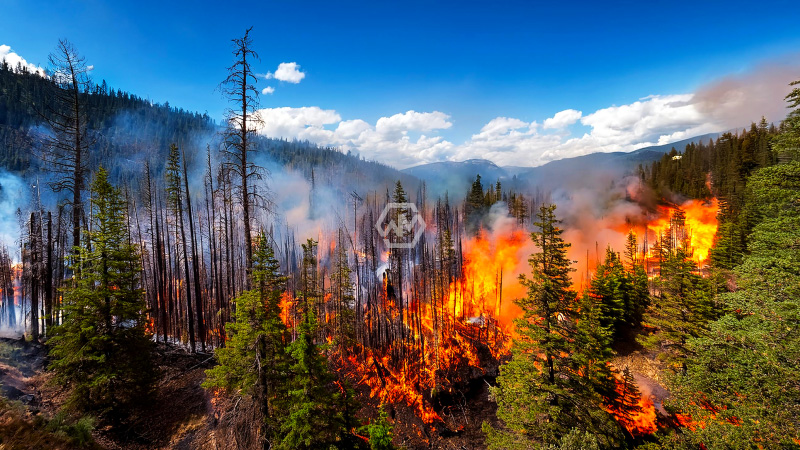- Over 465 wildfires are blazing across Canada, prompting evacuations and emergency alerts.
- Montreal faces backlash over new biweekly garbage collection amid zero-waste goals.
- Legal and political developments in Alberta and internationally stir debate.
Canada is facing a dual emergency this summer, with a surge in wildfire activity and intensifying policy debates. British Columbia alone is dealing with over 70 wildfires, including a major blaze near Lytton that triggered a local state of emergency.
At the same time, Montreal is under scrutiny for its new waste management approach. By reducing garbage pickups to a biweekly schedule, the city hopes to move closer to its 2030 zero-waste goal.
Canada at a Crossroads: Fires, Frustration, and Future Plans
From British Columbia to Alberta and Yukon, fire crews are stretched thin as dozens of wildfires rage across forests and remote communities. In BC, the situation near Lytton is especially severe, with residents forced to evacuate under growing plumes of smoke. Firefighters are working under hazardous conditions, contending with high winds, dry terrain, and lightning strikes.
As Montreal pilots biweekly garbage collection, critics argue the system lacks sufficient public education and infrastructure. Overflowing bins in urban neighborhoods have fueled concerns about hygiene and urban decay. Nonetheless, officials maintain that reducing landfill contributions is essential to the city’s long-term environmental strategy.
In Alberta, the court’s decision to grant bail to Chris Carbert—convicted in connection with a disruptive border protest—has reignited conversations around protest rights and public safety. Meanwhile, a tragic cross-border human smuggling case involving Canadian-American suspect Timothy Oakes remains under investigation, with U.S. authorities highlighting the dangers of irregular migration.
Tensions escalated globally after Iran suspended cooperation with the UN nuclear watchdog following U.S. airstrikes. The geopolitical ripple effects could impact international security, as diplomatic efforts to contain nuclear ambitions suffer another setback. Analysts warn this could trigger further instability in the region.
Canada’s summer of crisis is marked by both natural and political firestorms—testing the country’s resilience, governance, and capacity for change.
“In the midst of chaos, there is also opportunity.” — Sun Tzu



